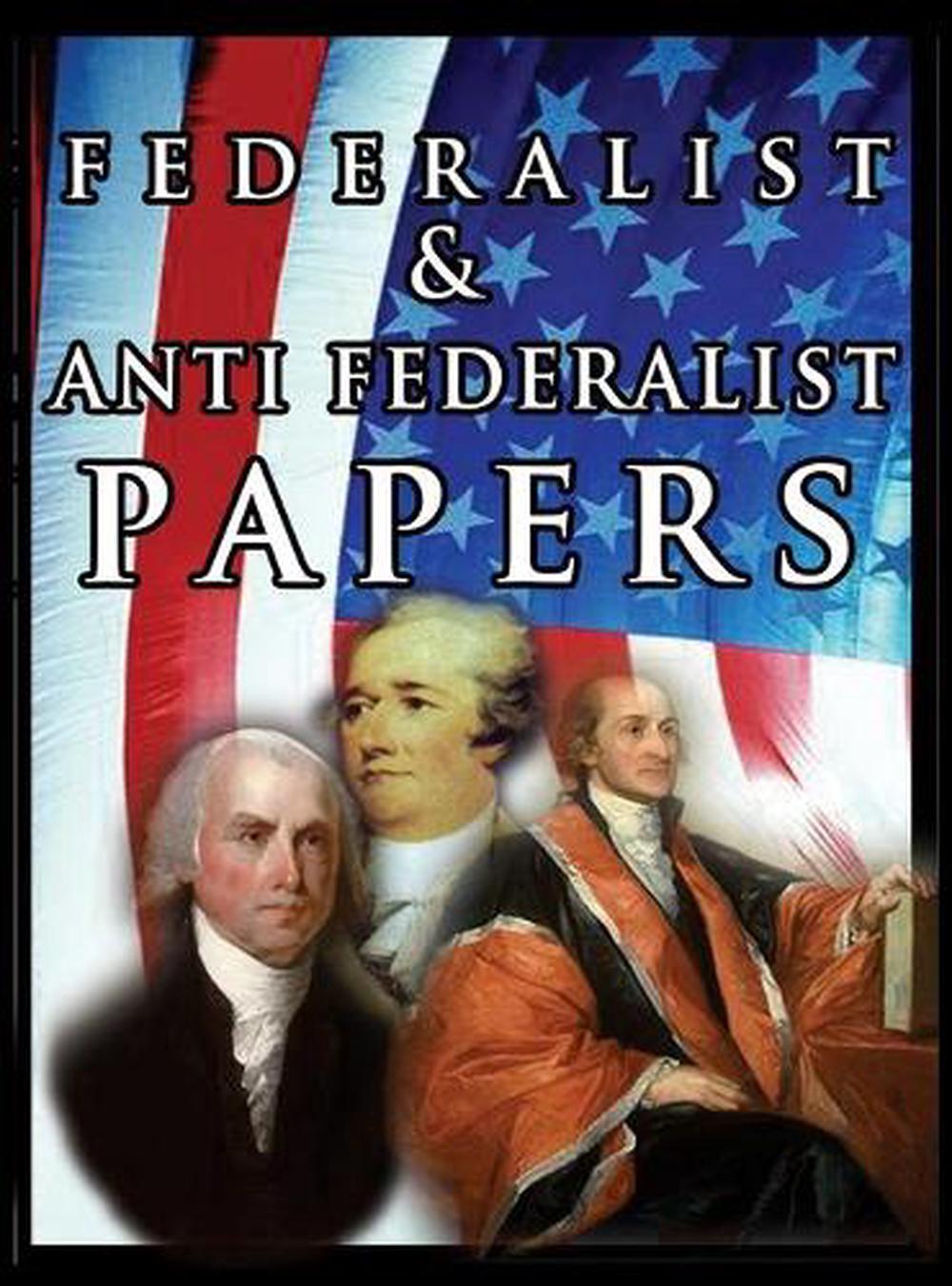
He wrote to anti-Federalist George Mason of Virginia that: Yet, without a bill of rights and "the perpetual reeligibility of the president" Jefferson advised Patrick Henry and the leaders of the opposition of the ratification to "reject the Constitution until it was amended by the addition of a bill of rights" (Mayer, 98).Īlthough this embarassed James Madison at the time, Jefferson later was enthusiastic about the acceptance of the document with the added Bill of Rights.

While Jefferson was a fierce proponent of "the will of the nation," republicanism, and majority rule, "To his own mind, Jefferson leaned more to the Federalist than to the anti-Federalist side in the struggle over ratification, since he did appove of "the great mass" of what was in the Constitution" (Mayer, 97).

Thomas Jefferson's views on the Constitution are worthy of exploration because he was not present at the Convention himself. This naivety and unfaithfulness to Roman mixed government ultimately threatened the democratic state of Rome when Appius Claudius and others corrupted the laws to seize tyrannical order over the unrepresented plebeians. The inverse of this fear was seen in Rome when the plebs loved the decemvirs for established the Twelve Tables, even though the decemvirs reflected the role of ten kings. The fear of demagogues was rationalized by "Centinel," whom one can infer that he feared the role of a President, if unchecked, could quickly resemble that of a king, even if it is called a different form. Poplicola: "I do not believe that there is a man on earth to whom it would be safe for the people to entrust the powers of a despot.nero was said to be blest with a kind and affectionate heart but the powers of the despit intoxicated his mind" (Richard, 175).Ĭentinel: Augustus, by the aid of a great army, assumed despotic power and not withstanding this, we find even under Tiberius, Caligula, and Nero, princes who disgraced human nature by their excesses, the shadows of the constititution held up to amuse the people" (Richard, 174). After Augustus ruled as the emperor of Rome, presiding over the pax Romana (200 year period of peace in Rome), Nero seized power and used his cunning ways as a demagogue to turn heartlessly against the citizens as a tyrant. Patrick Henry: "The stamp act was like the sword that Nero wished for to have decollated the Roman Empire at a stroke" (Richard, 173). Thus, the Caesars ruined Roman liberty, under the titles of tribunical and dictatorial authorities, old and venerable dignities, known in the most flourishing times of freedom"(Letters from a Pennsylvania Farmer). John Dickinson: Unless the most watchful attention be exerted, a new servitude may be slipped on us, under the sanction of the usual and respectable terms. The anti-Federalist papers are a collection of individual authors who also took up Roman pseudonyms such as Cato, Brutus, Centinel, Poplicola, and the "Federal Farmer." The argument against ratification of the Constitution was that democracy demanded direct citizen participation, and heavily distrusted elites and industrialists who were out of touch with the masses. Conspiracies for power on both sides propelled the love of liberty because of the constant skepticism of those who ambitiously sought power and influence.

Whereas history illuminated the need for a central authority for the Federalist party, the anti-Federalists feared despotism in the form of a demagogue. The creation of a powerful executive became a tyrannical question for those that opposed the ratification of the Constitution.


 0 kommentar(er)
0 kommentar(er)
